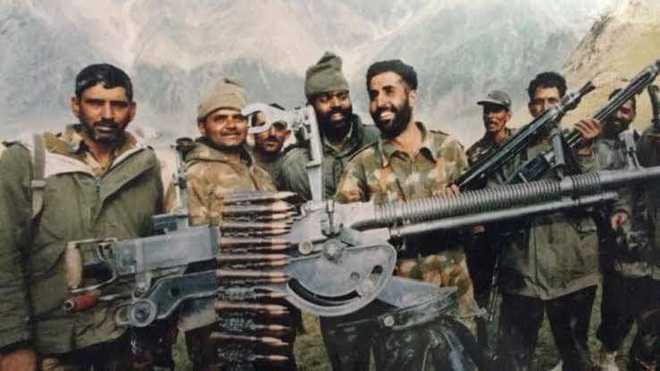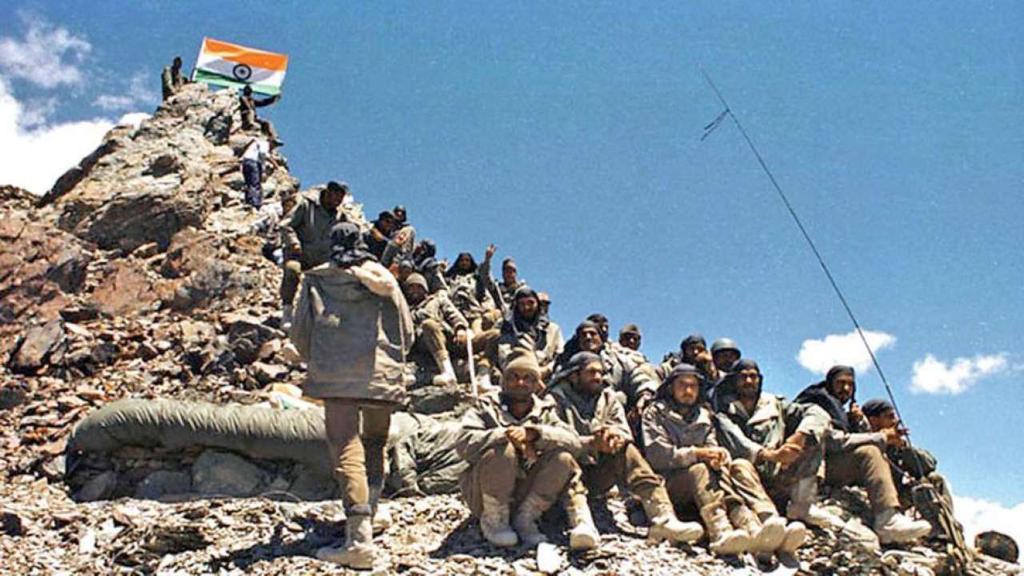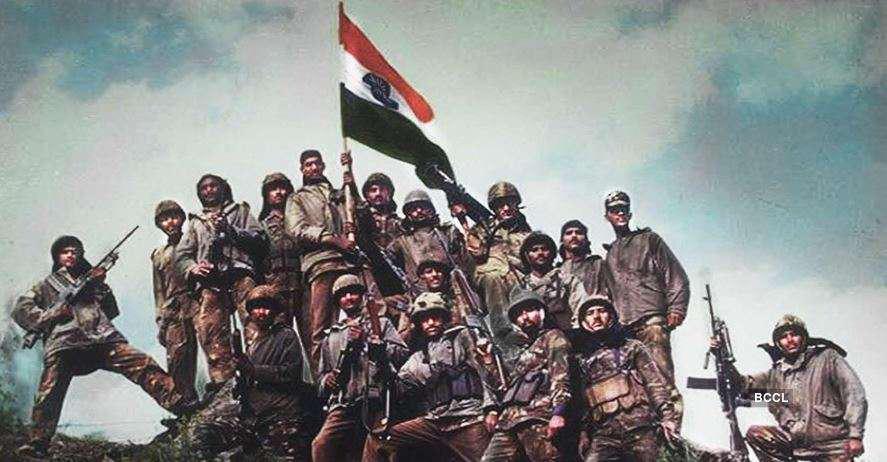The India-Pakistan conflict has been the subject of concern for citizens of both the countries for a long time. Ever since the partition of India and Pakistan in 1947, there has always been continuous tension and apprehension between the two nations. The true battle began when both India and Pakistan claimed ownership of the whole erstwhile princely state of Jammu and Kashmir. It is a territorial issue that has resulted in three wars between India and Pakistan, as well as numerous smaller military clashes.
Since their independence, the two nations have been involved in three major wars, one undeclared war, and countless armed skirmishes and military standoffs. With the exception of the Indo-Pakistan War of 1971 and the Bangladesh Liberation War, which culminated in East Pakistan’s (now Bangladesh) independence, the Kashmir dispute is at the heart of all of these wars.
Numerous attempts have been made to strengthen the relationship, most notably the Shimla summit, the Agra summit, and the Lahore summit. Relations between the two countries have deteriorated since the early 1980s, notably during the Siachen war, the escalation of the Kashmir insurgency in 1989, Indian and Pakistani nuclear tests in 1998, and the 1999 Kargil War.
The Kargil War of 1999 –
The 26th of July. On this day 19 years ago, the Indian Troops reclaimed all of the Indian positions that had been held by Pakistan’s army in Kargil. Since then, the 26th of July has been commemorated yearly to remember the sacrifices made by soldiers throughout this conflict. The Kargil War, was a military confrontation conducted between India and Pakistan in the Kargil area of Kashmir and elsewhere along the Line of Control (LoC) from May to July 1999. In India, the battle is also known as Operation Vijay (Operation Victory), the name of the Indian military operation that cleared out the Kargil area. During the conflict, the Indian Air Force worked with Indian Army ground troops to drive out regular and irregular Pakistan Army soldiers from abandoned Indian positions along the LoC. The codename for this operation was Operation Safed Sagar (Operation White Ocean).

Cause of the Kargil War –
The infiltration of Pakistani forces dressed as Kashmiri militants into positions on the Indian side of the LoC, which acts as the de facto boundary between the two nations in Kashmir, was the cause of the conflict. Initially, Pakistan attributed the battle to independent Kashmiri militants, however documents left behind by victims and subsequent admissions by Pakistan’s Prime Minister and Chief of Army Staff revealed the involvement of Pakistani paramilitary troops led by General Ashraf Rashid. The Indian Army, subsequently aided by the Indian Air Force, reclaimed the bulk of locations on the Indian side of the LoC. Pakistani soldiers withdrew from the remaining Indian outposts near the LoC in the face of international diplomatic pressure.
Casualties and Outcome –
According to Indian estimates, 1,042 Pakistani troops were killed. Musharraf, in his Hindi version of his memoirs, “Agnipath”, varies from all other figures, claiming that 357 men were killed and 665 were injured. Aside from General Musharraf’s claim for the number of Pakistanis injured, the number of persons injured in the Pakistan camp is not yet completely known, however it is at least 400, according to the Pakistan army’s website. One Indian pilot was officially captured during the combat, while eight Pakistani troops were taken prisoner and repatriated on August 13, 1999. India’s official casualty statistics were 527 killed and 1,363 injured.

There was an outpouring of patriotism, with several celebrities publicly declaring their support for the Kargil cause. Indians were outraged by media accounts of pilot Ajay Ahuja’s death, particularly after Indian authorities said that Ahuja had been killed and his corpse disfigured by Pakistani forces. The conflict had resulted in a higher-than-expected number of casualties for the Indian military, with a sizable proportion of them being newly commissioned officers. The Atlantique Incident, in which a Pakistan Navy jet was shot down by India one month after the Kargil War ended, momentarily rekindled concerns of a war between the two nations. Following the conflict, the Indian government cut relations with Pakistan and boosted defence spending.
On the occasion of the Kargil Vijay Diwas, the Indian Army paid respect to the martyrs of the 1999 conflict with Pakistan, popularly known as the Kargil War, on Monday, July 26th. The army’s official Twitter account released a video commemorating the 22nd anniversary of the battle, noting that July 26 “epitomises the tale of military heroism.” The 115-second clip, which included soldier images and subtitles, depicted what Indian forces faced in the Kargil environment. “Kargil 1999, India’s brave march into the battle,” the film says, describing the terrain as “unforgiving.”
On the eve of Kargil Vijay Diwas, Prime Minister Narendra Modi paid tribute to all those who died while safeguarding our country in Kargil. PM Modi remarked in a tweet that their bravery inspires others every day.
We are all forever grateful and indebted to all those valorous soldiers of the Indian Army, that readily sacrificed their lives to protect ours. Waking a strong sense of patriotism in our hearts, knowing about the Kargil War makes us want to do something on our own levels, for our country. We can never forget these lionhearted soldiers who gave their lives to safeguard countless others. Forever in our hearts and thoughts, we salute them.


